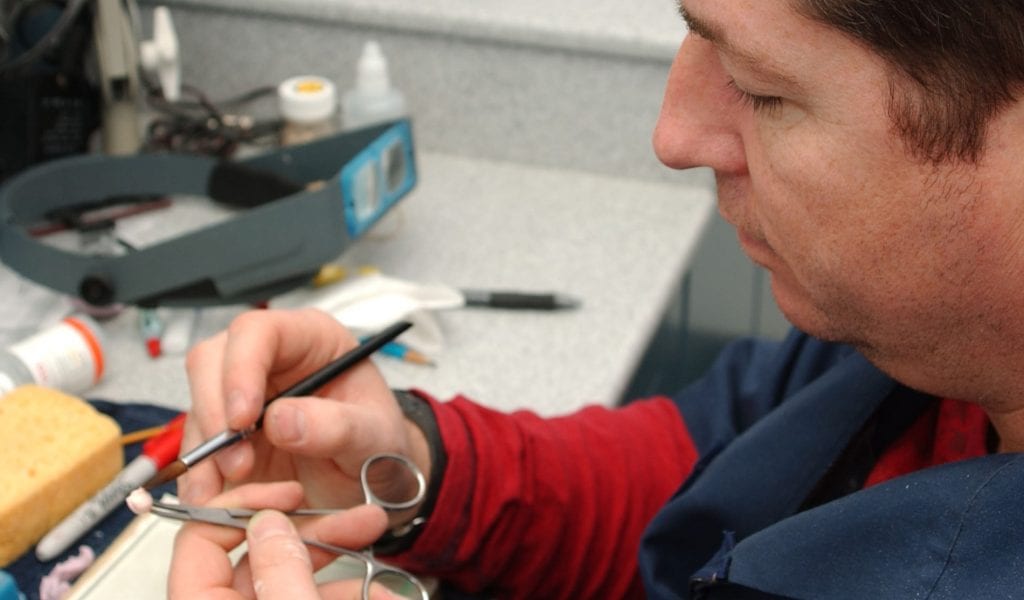
1 in 4 adults lose ALL permanent teeth by age 74, according to the American Association of Oral and Maxillofacial Surgeons.
Tooth structure affects the jaw, joints, and mouth muscles. Missing teeth can majorly affect the surrounding teeth, bite alignment, and chewing. This can lead to poor nutrition and other health issues.
There are multiple options to lessen the impact of missing teeth: bridges, dentures, and dental implants are the most common.
Want to compare the different options? Here are the pros and cons of dental implants.
What are the pros and cons of dental implants vs. bridges and dentures?
Dental implants are the solution of choice for many Americans who can afford them. However, they’re not for everyone. If you’re considering dental implants, look over this list, and of course consult with your dentist to find the best option for you.
Pros
- Look and function like real teeth – no clicking or other “tells”
- No speaking or chewing difficulties
- Dentures often create issues speaking and chewing
- Secure & stable
- Implant fuses with the bone – creates an artificial root
- Less long-term inconvenience
- Last at least 15 years, can last a lifetime when taken care of properly
- Minimal maintenance once healed
- Usually a 1-2 month healing period*
- Stand on their own
- Bridges need support teeth – this causes wear on teeth

Cons
- Some people not eligible
- Bone health – need healthy, dense bones since the implant will be inserted into the bone
- Success rates are lower in people who smoke or have chronic conditions such as diabetes
- Costly
- Bridges and dentures are often a more affordable short-term investment
- You’ll need to check with your insurance to see if they’ll cover implants
- Like any surgery, implant surgeries can have complications
- Injuries around the surgical site
- Greater risk for infection/disease
- Surgery can take a long time depending on number of implants and possible complications
- Greater commitment from the patient to make the implant successful
- Take care with certain foods
- *Can take up to 6 months to completely fuse with jawbone – careful oral hygiene must be practiced to reduce risk of infection and complications post-surgery
Dental implants are great, but not for everyone!
Always consult with your dentist before making a decision. Your dentist has your records, knows your history, and understands your circumstances. All of these things can affect the success of your solution, and quality of life after choosing a solution.

